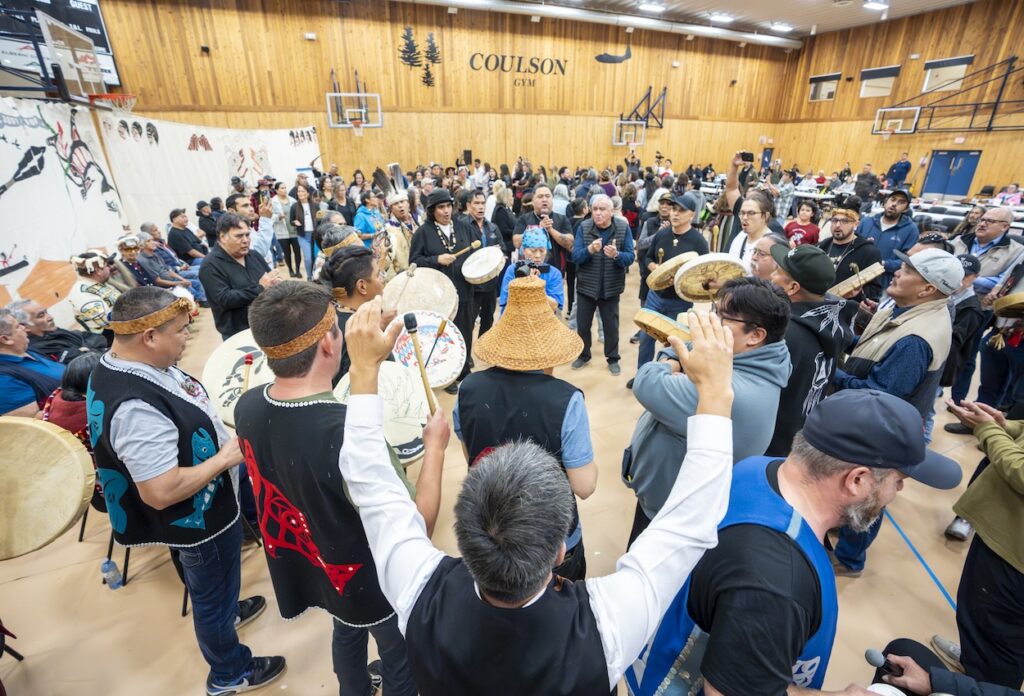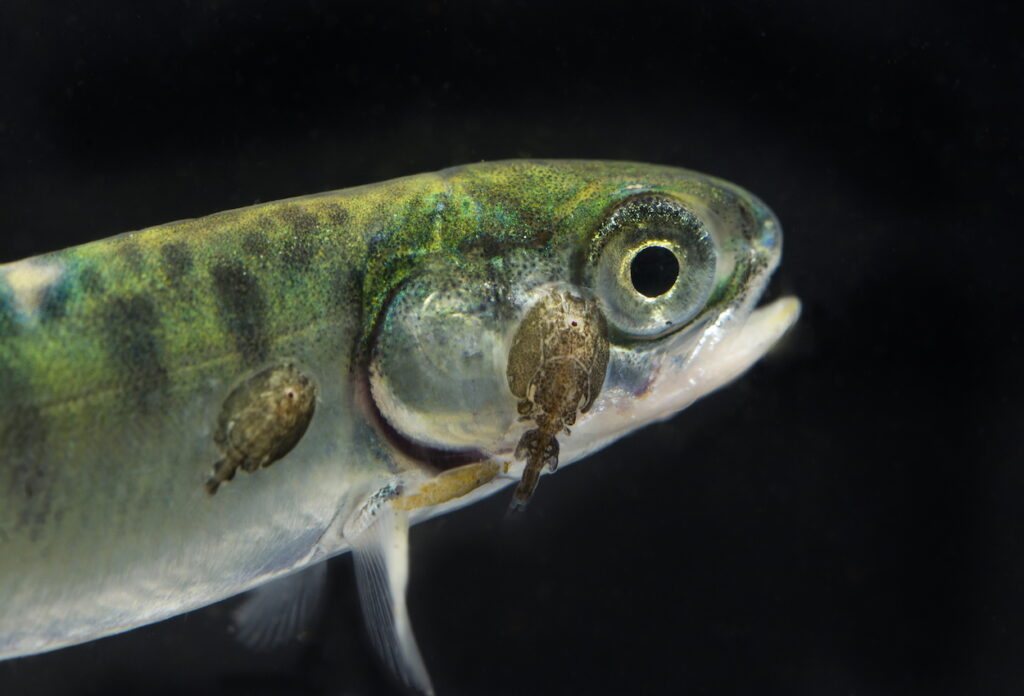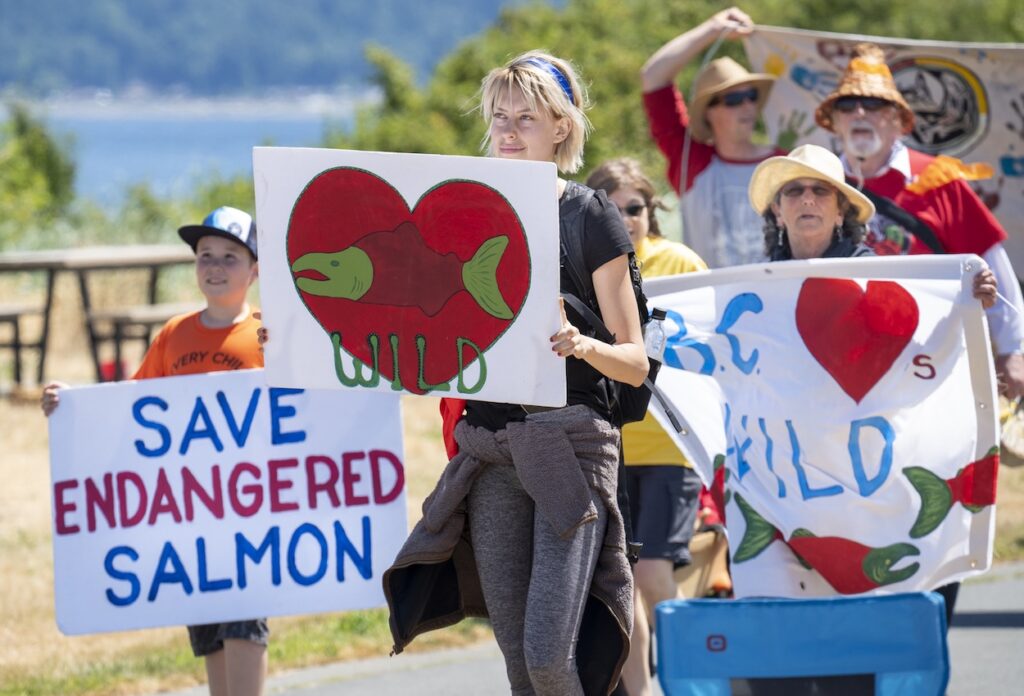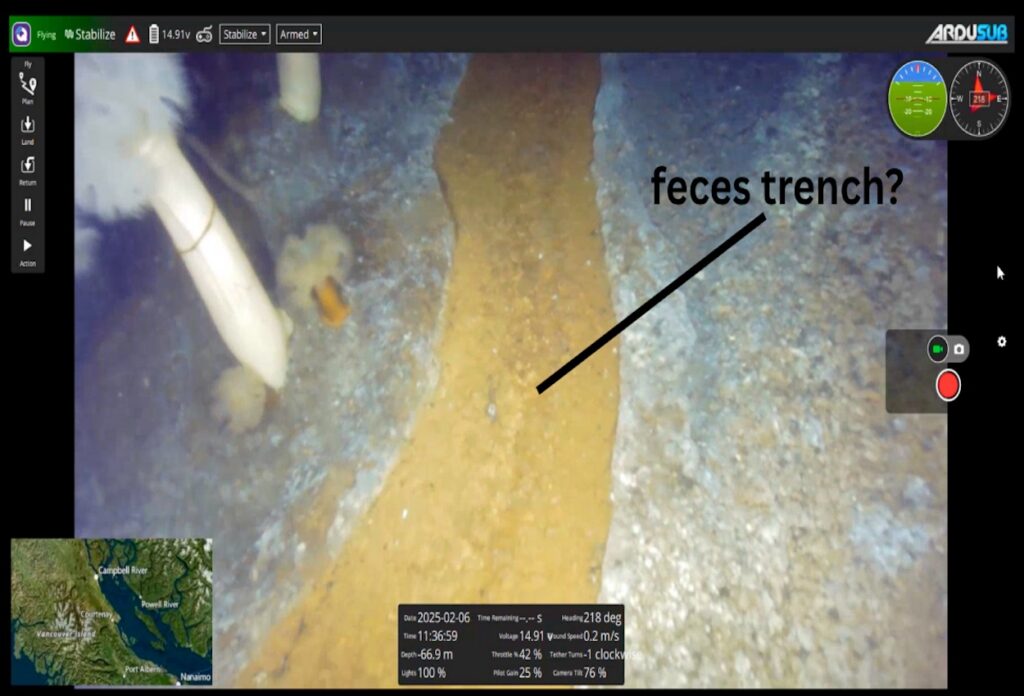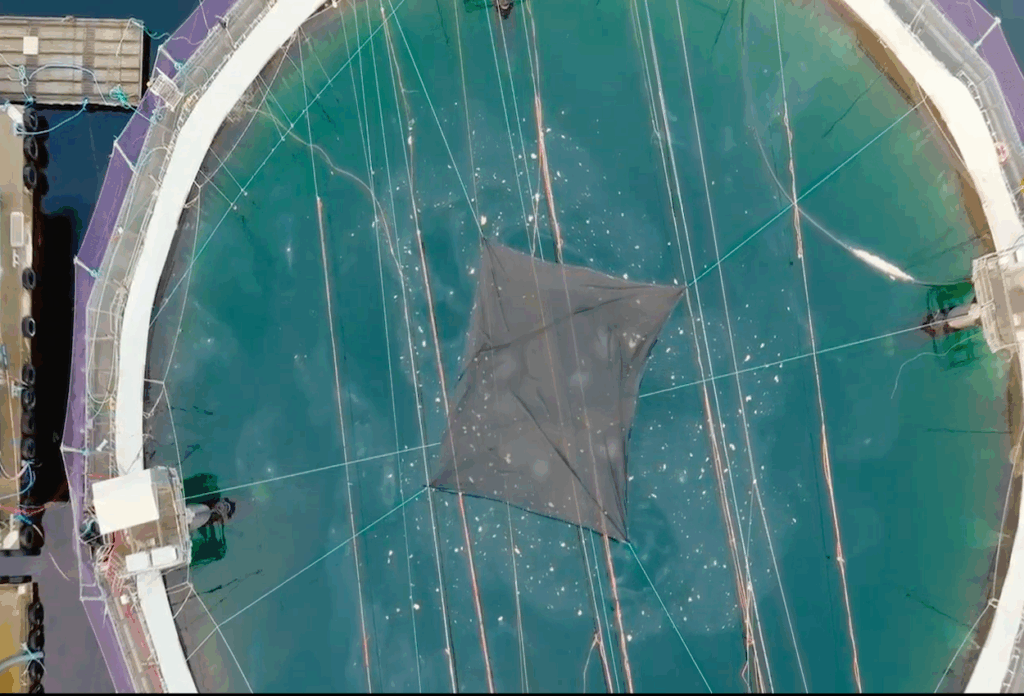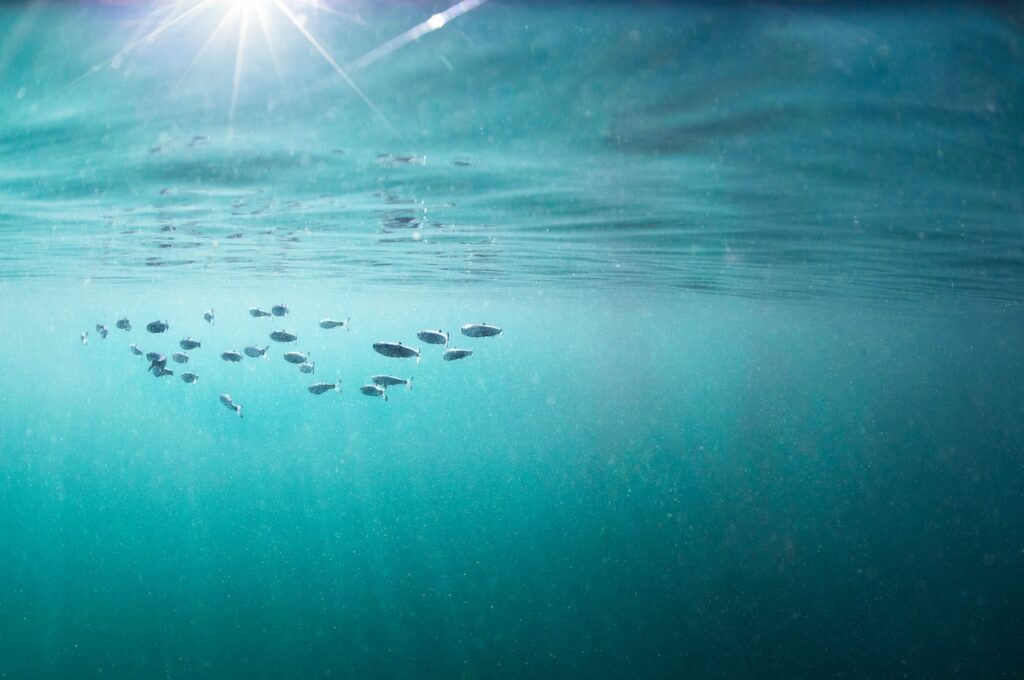In her 2007 book The Shock Doctrine, Naomi Klein describes how corporate elites worldwide have repeatedly used “the public’s disorientation following a collective shock—wars, market crashes, or natural disasters—to push through radical pro-corporate measures.” The 2008 financial collapse would vividly illustrate the dynamics Klein described. The Wall Street giants whose reckless and criminal behaviour ushered in that crisis ended up even bigger and more powerful than before the crisis began.
During the global COVID-19 pandemic, when most people are doing everything in their power to stay home and ‘flatten the curve’, the salmon farming industry appears to be going flat out. Indeed, the industry is actually using the pandemic to ask for regulatory flexibility, financial bailouts, and even enhanced access for ‘front line’ workers to COVID-19 testing and safety equipment.
Industry demands “nothing short of astonishing”
In a March 26 letter to federal Fisheries Minister Bernadette Jordan, the Canadian Aquaculture Industry Alliance asked her for “regulatory flexibility” during the COVID-19 crisis. They asked that “DFO inspectors be directed to be prudent and flexible in their compliance and enforcements activities over the coming weeks and months”. The types of regulations they mention cover things like treating fish for disease or sea lice, dumping pesticides, mass die-offs, as well as specific environmental monitoring and sampling requirements.
The Halifax Examiner referred to the industry’s list of “critical needs” as “nothing short of astonishing”:
• regulatory flexibility in compliance and enforcement activities;
• define aquaculture as an essential service and provide access to farm income supports;
• provide payroll support;
• provide “catastrophic loss protection” or funds in the event of “major losses” due to “animal welfare impacts” as a result of fewer workers;
• allow for targeted exemptions at border crossings; and – get this –
• provide the industry’s “front line workers” with “priority access” to COVID-19 testing and safety equipment such as N95 masks, gloves, and sanitizer
Salmon farming puts wild salmon at risk
This is no time to reduce regulatory requirements for a contentious industry which puts wild salmon at risk. In the last year alone, our local Clayoquot Salmon Investigation (CSI) program has exposed a sea lice epidemic (second year in a row), a mass die-off, and a viral infection (on all but one of the active salmon farms in the Clayoquot Sound UNESCO Biosphere Region).
The wild salmon of Clayoquot Sound need a break—they certainly cannot handle another sea lice outbreak this year. This is not the time to turn a blind eye to an industry that clearly is unable to control outbreaks of lice and viruses which put wild salmon at risk.
As recently as 2018, Canada’s Commissioner of the Environment Julie Gelfand did an audit of Fisheries and Oceans Canada (DFO) management of the salmon farming industry. She concluded that Fisheries and Oceans Canada did not adequately manage the risks associated with salmon aquaculture consistent with its mandate to protect wild fish. Management of salmon farms needs to improve, not deteriorate!
Remove salmon farms from the oceans
A year later the federal government promised to remove salmon farms from BC waters by 2025—a clear indication they understand that salmon farming poses risks to wild salmon.
COVID-19 will change our world forever. Let’s be thinking about what kind of world we want to see post-COVID. Any restructuring of the industry during the pandemic must move us closer to the goal of removing fish farms from BC waters by 2025. Strong wild salmon runs provide food security and healthy ecosystems—salmon farms pollute and deplete the world’s oceans for profit.
Please take a moment to add your voice—tell Minister Jordan to maintain regulations for the salmon farming industry during the COVID crisis.
Dan Lewis is Executive Director of Clayoquot Action.
